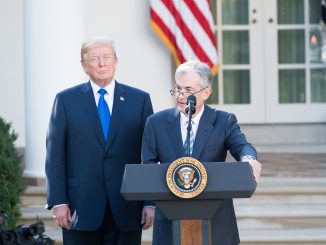Here’s what the Fed needs to consider:
1. Ben Bernanke has insisted that the Fed is not out of ammunition, and has a number of powerful tools that have yet to be deployed.
2. In recent months, the Fed has argued that no further stimulus is needed, as the risks of the economy overheating are roughly balanced by the risks of too little AD.
3. Both NGDP and RGDP growth have been unusually slow in recent quarters, much below levels expected during an economic recovery, and indeed below levels expected during normal times.
4. Recent financial market indicators point to even slower NGDP and RGDP growth in the near future.
5. The big drop in energy prices is likely to cause “headline inflation” to turn into “headline deflation” in the near future.
6. The world economy is slowing, which reduces the Wicksellian equilibrium interest rate. This means that the Fed’s 0.25% IOR program is effectively becoming an increasingly restrictive monetary policy. Just yesterday the 2 year T-note yield fell below 0.25%, meaning the Fed has essentially inverted the yield curve all the way out to 2 years.
7. Continued problems in the eurozone are putting upward pressure on the dollar.
Given these facts, should the Fed re-evaluate it’s assumption that the risks of slow growth and the risks of economic overheating are equally balanced? I’ll be traveling today, but I hope economic pundits will let the Fed know what they think.
There’s no longer any prospect of fiscal stimulus. There’s no longer any doubt as to who’s driving the nominal economy. Federal Reserve officials have an important decision to make today.
- Bulenox: Get 45% to 91% OFF ... Use Discount Code: UNO
- Risk Our Money Not Yours | Get 50% to 90% OFF ... Use Discount Code: MMBVBKSM
Disclaimer: This page contains affiliate links. If you choose to make a purchase after clicking a link, we may receive a commission at no additional cost to you. Thank you for your support!




Leave a Reply